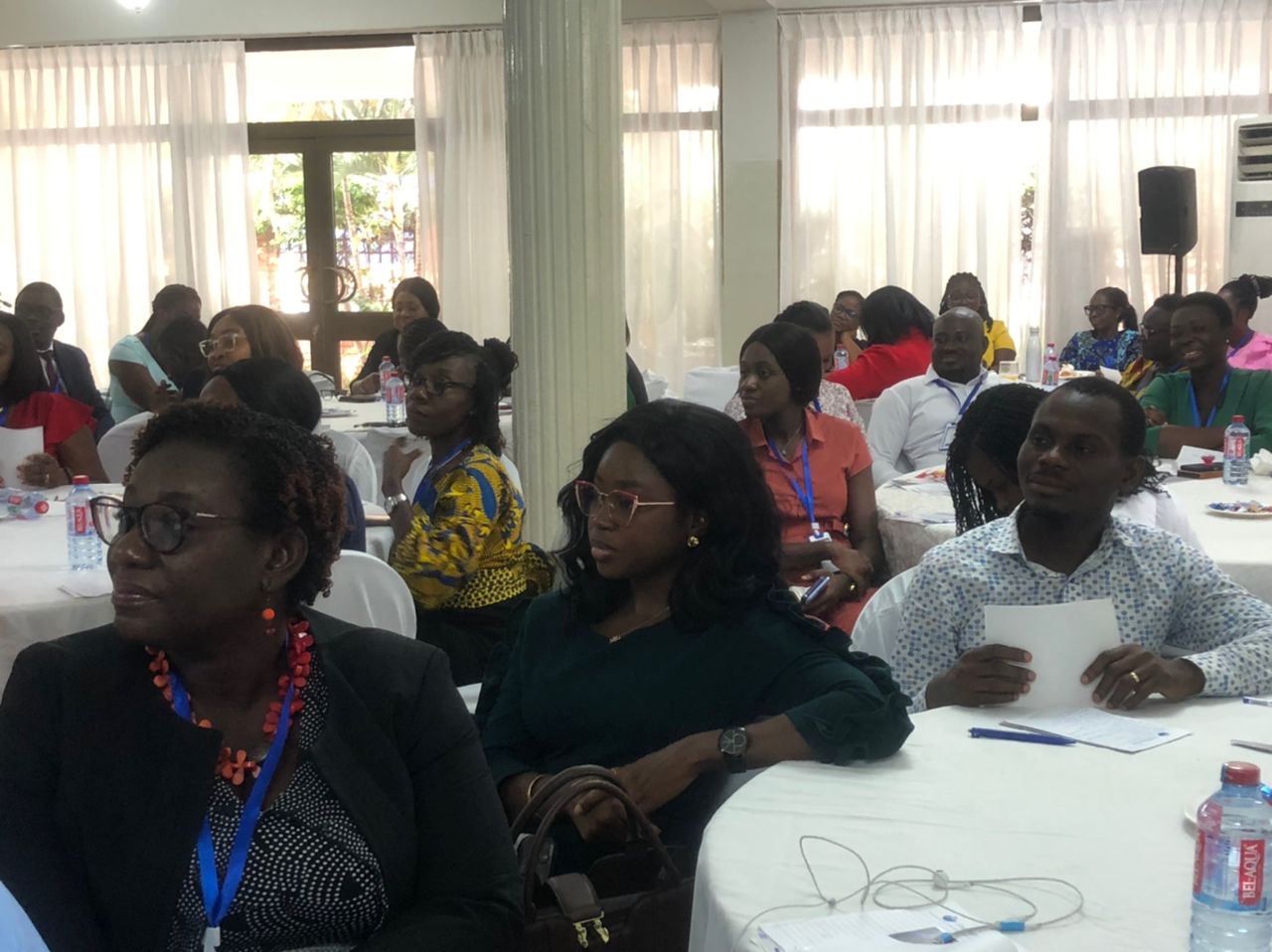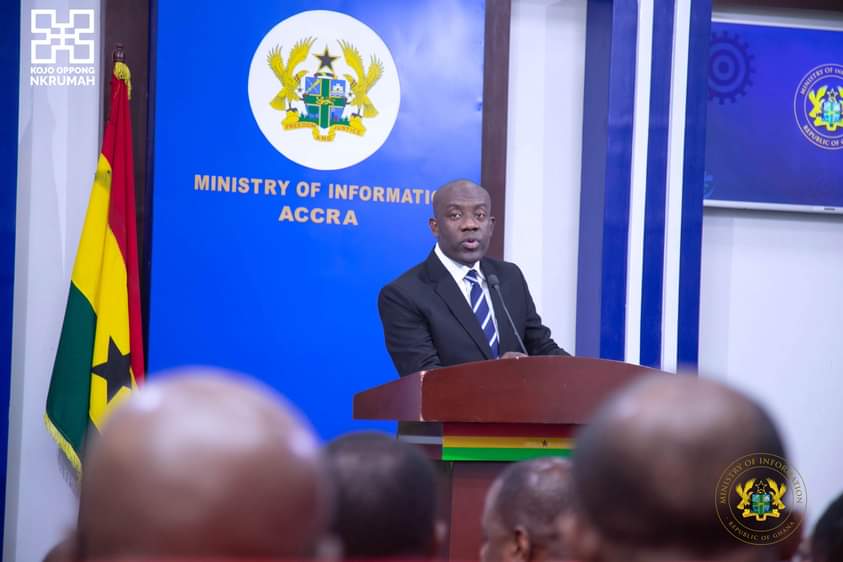
The much talked about Right to Information Bill (Bill) has once again been laid before Parliament for consideration, after to and fro, that fuelled speculations that governments are unwilling to pass the bill that will bring their actions under close scrutiny by the citizenry.
When passed by Parliament into an act and assented by the President into a law, the RTI is, expected to deepen the frontiers of democracy through enhanced information flow between the government and the citizenry.
The bill was conceived sometime in 1998, after the country was returned to democratic rule in 1993.Its passage into law has been delayed largely due so many factors, including controversy in government cycle as to what information to be made accessible under a freedom of information regime.
The passage of the bill will give substance to Article 21 (1) (f) of the 1992 Constitution which states: "All persons shall have the right to information subject to such qualifications and laws as are necessary in a democratic society."
But we still have some impediments in our quest for "Open Society" in which our democracy is underpinned by governments that are tolerant and accountable to the citizenry.
It can be inferred from the provision of this Article that not all information can be accessed nor the state willing to release because of "state secrecy."
I is without doubt that the state emerged out of a social contract in which the state wields the legitimacy of authority over the individual. Under this arrangement the individuals, who constitute the subjects are the first and foremost objects of state regulation.
The conduct of the subject is seen as something that ought to be strictly defined by rights and duties. This has deepened the "asymmetry" of the mutual relationship between the state and the citizenry in which the chances of influencing each other are sharply unequal, so that the state will always have upper hand over the citizen.
Experts say, this relationship is manifested in the flow of information. The state institutions gather process and store detailed information about the citizenry while information and data about the state's own action are classified as "official secrets."
The state is also said to have the "pastoral power" which it exercises in the interest of the subjects who need to be protected against their own morbid inclinations.
We expect the state not to abuse its powers under the cover of "State secrecy" and "pastoral powers" to deny the citizenry the information they so desired to make informed decision about their lives.
We expect a well thought out and implementable RTI that will empower media practitioners to hold duty bearers accountable to the citizenry in order to achieve the Sustainable Development Goals of a transformative society, in which poverty will be done away with because the resources will be judiciously used in the best interest of the nation.
Read Full Story


















Facebook
Twitter
Pinterest
Instagram
Google+
YouTube
LinkedIn
RSS